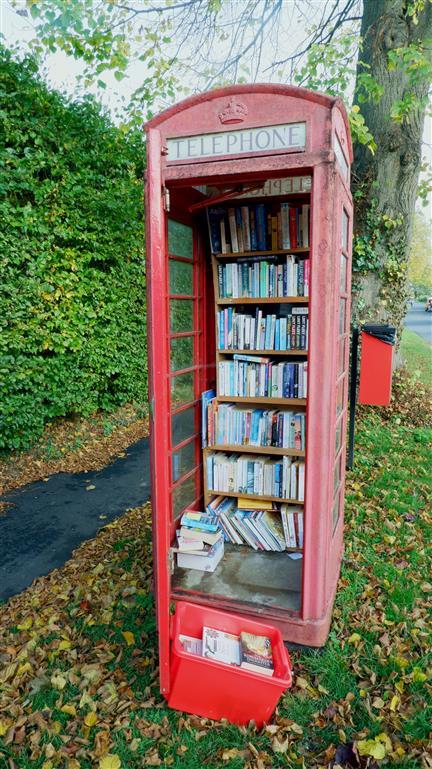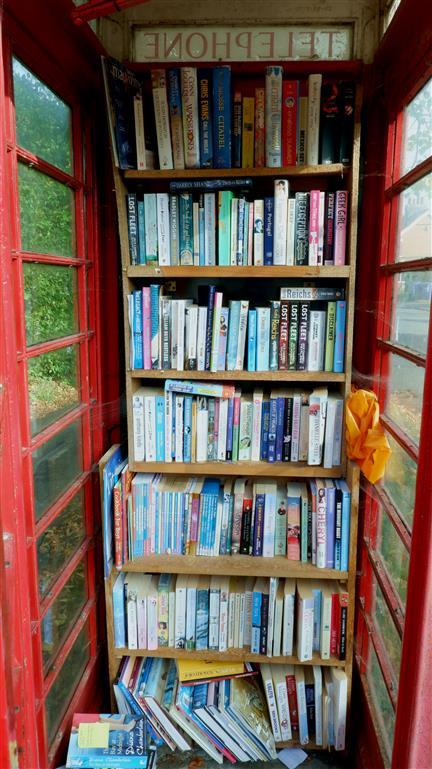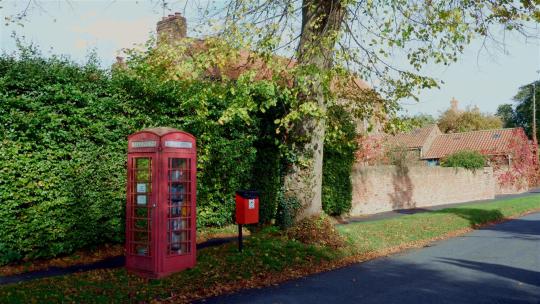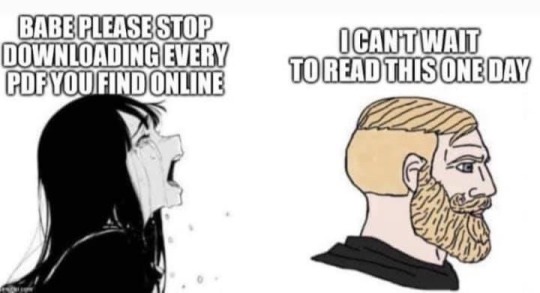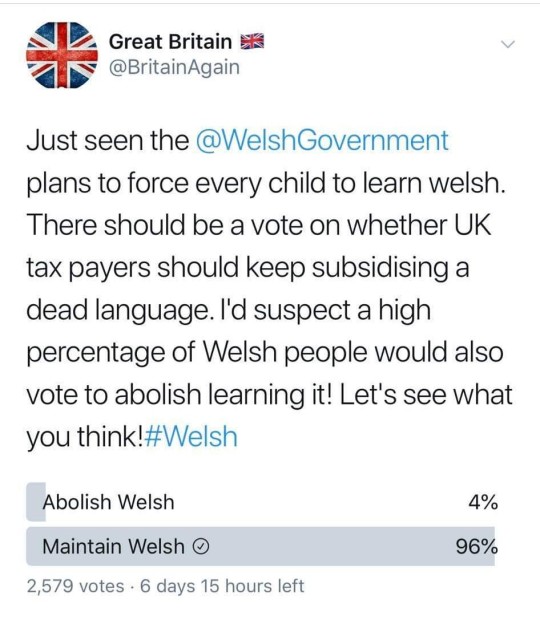Note
Where did the "vegans are anti- indigenous" hot take even come from? I thought it came from armchair "leftists", but the other day I met a actual native who thought animal rights activists were attacking them. Is this just because of the fact that anti- vegans have given fringe vegan groups such a large platform? Or does the vegan movement actually have this problem?
I go onto YouTube and I see videos from non- vegans who "went undercover" on vegan groups or whatever and these vegans were advocating for the murder of non- vegans. Is this just nonsense, or should I be concerned that our movement is falling apart?
Moreover, what can I do to counter this? Should I begin talking about issues within the vegan community, or continue advocating for non- vegans to understand the connection between Indigenous belief systems & veganism and convince people to become vegan? I'm at a loss here, maybe overreacting.
It came from genuine hurt from the Indigenous community that has since been exploited by "armchair leftists" and anyone who wants to tokenize Indigenous people.
Nations who on hunting and fishing, like many rural Alaska Native Peoples, have been targeted by animal rights activists particularly from protests on whale and seal hunts. I've known people who were harassed after tourist photos were leaked, and this is why it isn't uncommon for Native people to forbid photos of the subsistence process.
To quote Christopher Sebastian:
“I have uncritical single-issue vegans who shame Indigenous people for eating animals on one side of me. And I have animal exploiters on the other side of me who want to tokenize Indigenous people to cover their own consumption. Smh. Talk about an unholy alliance. Seems like everybody cares about Indigenous people insofar as they are able to use them as footballs in an argument, but nobody wants to confront the system that artificially creates global food insecurity for Indigenous people in the first place.”
I’d say the vegan movement has evolved and is examining broader issues now with intersections of experiences, and it’s not in danger of collapsing. However, I am more concerned about non-vegan settlers than non-vegan Indigenous people.
It’s important for people of similar classes to discuss these kinds of subjects, because they can understand that they come from the same baseline. For Indigenous people, we have a long history of being prohibited from practicing our lifeways, culture, and language, so there’s an element of distrust to be told by a white vegan to just “stop eating meat”. It is much different for two Indigenous people to discuss prejudice and systems of oppression within our traditions, like how Dr. Margaret Robinson is a Mi’kmaq vegan who writes about veganism for an Indigenous audience.
I’d suggest keep countering basic anti-vegan strawman and red herring arguments, and also point out issues within the vegan community when you see them. If you are Indigenous, talk to Indigenous people keeping the above in mind. If you aren’t, talk to settlers or people of your community to promote an intersectional view of veganism. If you want to refine your activism, keep reading material from vegans of diverse backgrounds.
327 notes
·
View notes
Text
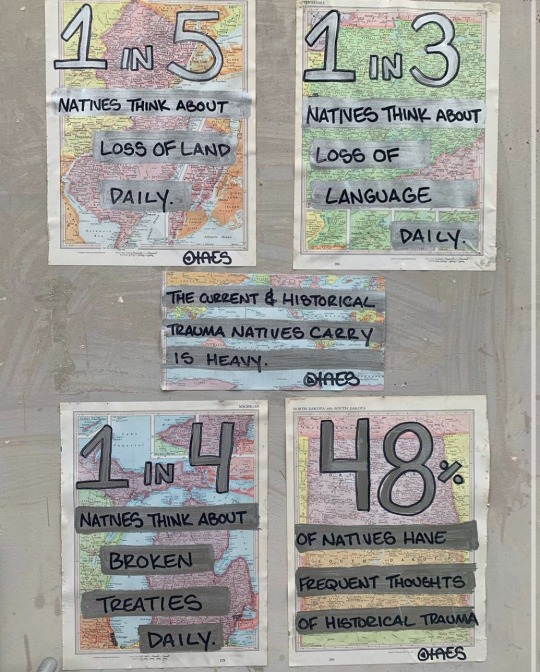
I found this on twitter and wanted to share it here; I think it’s important for non-natives to realize just how much of a presence history has on us as a people. It’s something that’s on our minds every day. I think about my language being stolen from my people and myself by the Spanish missionaries every day. I think about my ancestral homeland being taken over and stolen by white people who drove the cost of living up so high that I may not ever be able to move back, every day. I think about how my grandparents and great grandparents were forced to change their identities because practicing our cultures was illegal, and how being native was a crime, every day. I think about how my people were brutalized and enslaved by missionaries and then by white “Americans” every day. My head is constantly filled with thoughts and prayers about my ancestors and if they are alright. If they know that we are alright. The history of my people and of all native people weighs heavy on my heart and my mind, and it is not something that you can tell me to “get over”, because it does not feel like something that happened so long ago. I’m not quite sure what else I can say except for the fact that I am hurting. I am hurting for myself and my ancestors and my family and for all my native brothers and sisters.
11K notes
·
View notes
Text
it’s just hard not to think about the fact that in 1915, JRR Tolkien went to war not with but certainly in the same army and many of the same battles as his 3 best school friends, all nicely upper class young men who had never known much loss, and only he and one other came back alive - and a couple decades later, he wrote a book in which 3 nicely upper class young men (and one very excellent gardener) who have never known much loss go to war together, or at least they start out together, and they all come home alive. (Though one cannot bear it, and does not stay.)
123K notes
·
View notes
Text
Autumnal vocabulary as Gaeilge
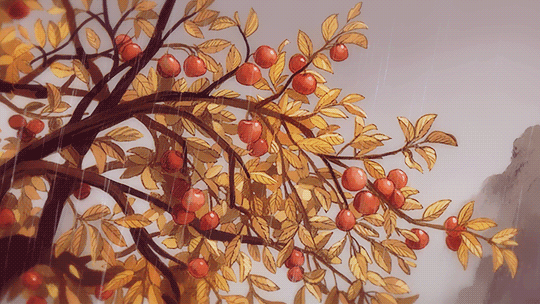
Fómhar - autumn
san fhómhar - in the autumn
Note: in the Celtic calendar, the autumnal months are Lúnasa (August), Meán Fómhair (September) and Deireadh Fómhair (October). Samhain (November) is the first month of winter.
aer úr - crisp air
coill - forest, woods
móinéar - meadow
ceo - fog
ceobhrán - drizzle
báisteach - rain
aimsir ghránna - nasty weather
fraoch - heather
móinteach - moorland
líon damhán alla - cobweb
gaoth fheanntach - chilling wind
duilleoga fómhair - autumn leaves
gealach na gcoinleach - harvest moon
reilig - churchyard
muileann gaoithe - windmill
ceapach puimcín - pumpkin patch
fear bréige - scarecrow
puimcín - pumpkin
tornapa - turnip
cainéal - cinnamon
cnó capaill - chestnut
pióg phuimcín - pumpkin pie
pióg úll - apple pie
úll taifí - candy apple
seacláid the - hot chocolate
leann úll - cider
cóta - coat
cairdeagan - cardigan
geansaí muineál turtair - turtleneck
scaif olla - wollen scarf
lámhainní cniotáilte - knitted gloves
gléasadh suas - dressing up
culaith óiche shamhna - halloween costume
féile an fhómhair - harvest festival
Óiche Shamhna - Halloween
Óiche Shamhna shona daoibh! - happy Halloween!
218 notes
·
View notes
Quote
Reading was a fissure she could fall into, a warm space with two walls, a sweet forgetfulness.
Gail Jones, from ‘Dreams of Speaking’
(via derangedrhythms)
486 notes
·
View notes
Text
My ancestors, watching me dump an entire stick of cinnamon, two cloves, an allspice berry, and a generous grating of nutmeg into my tea, sweetened with white sugar and loaded with cream, while I sit in my clean warm house surrounded by books, 25+ outfits for different occasions, and 6 pairs of shoes, in a building heated so well I have the windows open in mid-autumn:
Our daughter prospers. We are proud of her. She has never labored in a field but knows riches we could not have imagined.
308K notes
·
View notes
Photo
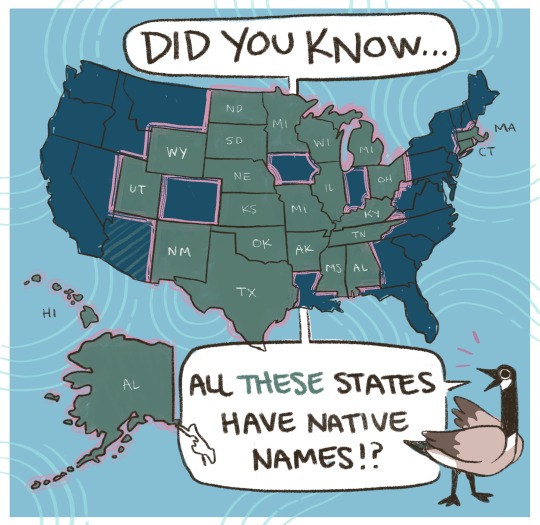
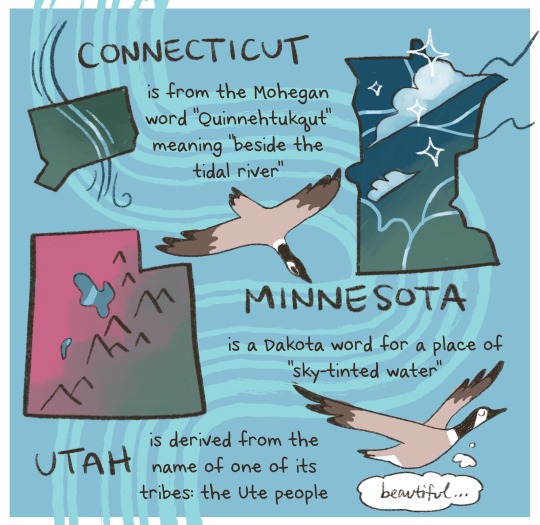
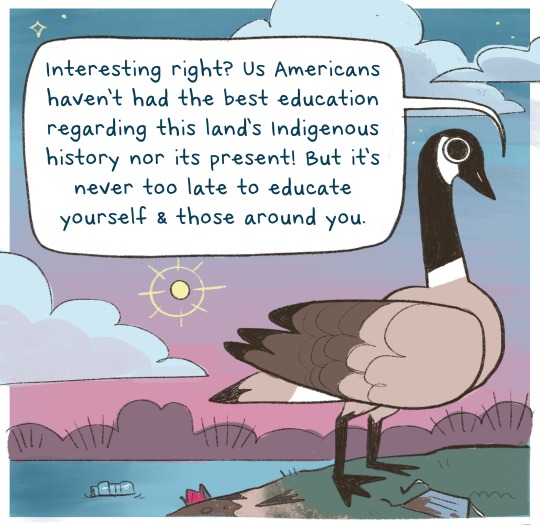


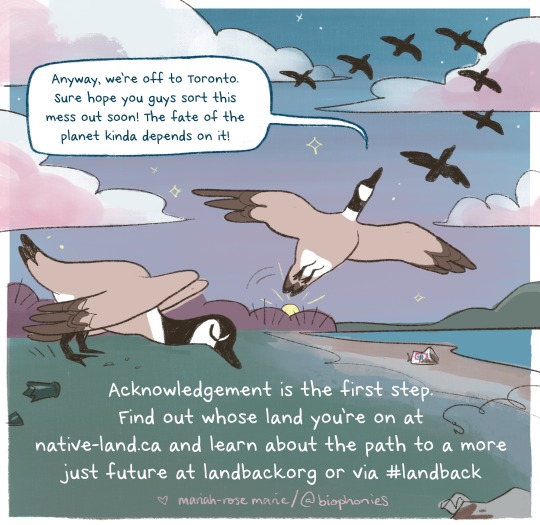
ah, i’m so bad at posting here. acknowledging this Day of Mourning from the lands of Kiikaapoi, Peoria, Potawatomi, Myaamia & Ochethi Sakowin people, aka Chicago, derived from a native word for garlic (mmm…) which is really suitable for me because I live here now 🌱🧄✨
whose.land are you on? talk about it over dinner this weekend with your fam & what it means to give the #landback. considering everything, listening & learning from indigenous people is the least you can do.
(see more of my art on patreon, insta & twitter)
95K notes
·
View notes
Text
the fact that is impossible for me, in one life, to study classical studies, archaeology, international relations, all the literature in the world, get a languages degree in italian, german, greek, latin, russian and french; learn how to play the violin and also piano, cello, guitar and the flute; learn how to sing, both modern singing and classical singing/opera; is my villain origin story.
7K notes
·
View notes
Photo
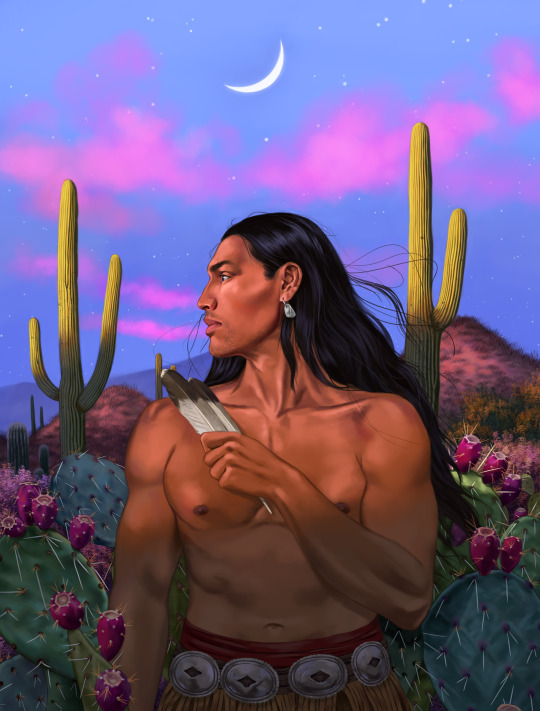
Desert Bloom🌵
Products of this painting are available in my Redbubble shop and InPrint:
https://www.redbubble.com/shop/ap/89675878
https://www.inprnt.com/gallery/chromachamelea/desert-bloom/
14K notes
·
View notes
Text
“The fall of a language is set in motion when [bilinguals] begin to take more seriously what they read in English. It is set in motion when, for example, they turn to English-language media to learn about critical international events and use the media of their own country only to find out the results of home sports games or follow home celebrity gossip. It's set in motion when bilinguals hurry to order a heavyweight English-language book attracting media attention before it comes out in translation, while neglecting fine books written in their own language. (Watching American or British television dramas rather than their own is not unconnected to this process.) Finally, because they have gradually become accustomed to making light of what is written in their own language, bilinguals start taking their own country’s literature less seriously than literature written in English—especially the classics of English literature, which are evolving into the universal canon. A vicious cycle then begins. The more palpable this trend becomes, the more non-English writers would feel that writing in their own language will not reach the readers they are aiming for. [...] Through the process of negative selection, writers who continue writing in their own language would be those whose books do not deserve to be called texts. This cycle, once it began, could only gain in force. Not only bilinguals but true readers of literature—not mere consumers of books—would eventually cease to expect their own language to bear the intellectual, ethical, and aesthetic burdens it once did.”
—Minae Mizumura,The Fall of Language in the Age of English, tr. Julia Winters Carpenter & Mari Yoshihara
10K notes
·
View notes


